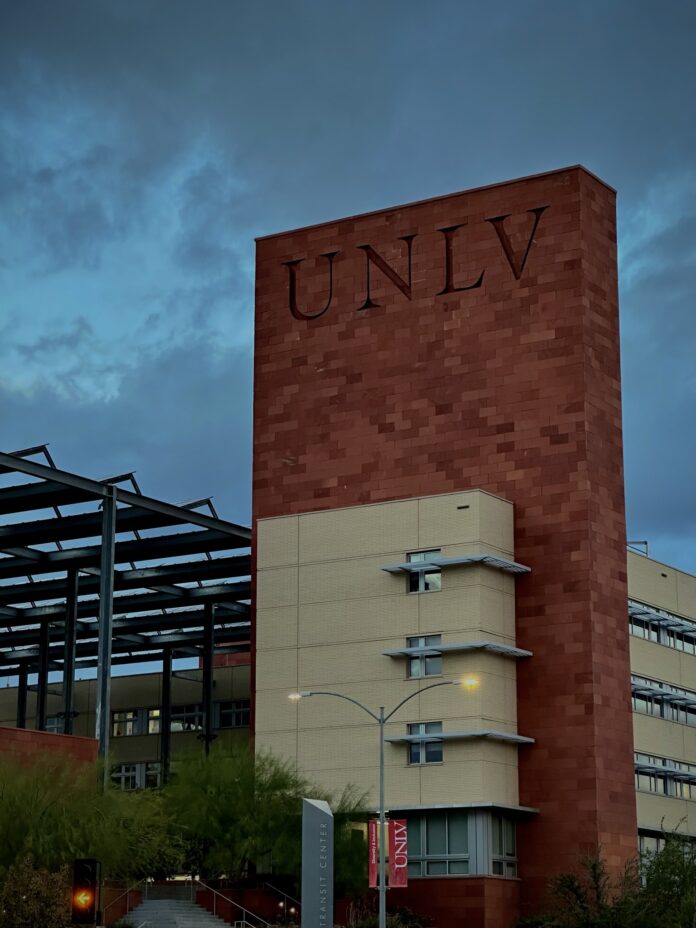Amaris Davis, Lee Business School Senior
Experiencing a tragedy from a first-person point of view differs from when you see it on TV. Watching it unfold on TV — it’s the same routine. You listen to all of the details unfold, you whisper prayers to the victims and their families, and you wonder when enough will ever be enough.
Going through a tragedy firsthand is all of those things mentioned above; however, you vividly remember where you were, what you were doing, and the terror you and everybody else around you went through.
It was presentation day for my MGT 371 class in BEH 104. We had just finished the first group’s presentation when one of our classmates ran into the room and told us, “There’s been gunshots.” I looked to my left at one of my group mates in shock, and we hit the floor. Then, the sirens went off, and I sat on the floor texting my parents, shaking and scared. Our professor told us to leave the room quickly, so we did. I drove off campus, and that’s when reality set in. I saw all of the police presence on campus and police going into our beloved BEH building with their guns drawn. Then, that’s when the University Police Department alerts started, and I quickly realized I survived an active shooter on campus.
Many of us survived, but three of our professors didn’t. Their families saw them off that day, anticipating their return home, and that isn’t happening. It makes you question, how many more? How many more families have to experience the sad reality that they hugged and kissed their families goodbye in the morning for the last time? How many more students, faculty, staff, and families have to be traumatized and remember those moments for the rest of their lives? When will enough ever be enough? We cannot continue to live like this, and we cannot lose any more innocent lives. We need a change quickly!
We will never forget the tragedy on Wednesday, Dec. 6 at 11:45 a.m. It is forever embedded into our lives. We cannot erase the trauma, heartbreak, depression, sadness and grief we have and are experiencing, and that’s the daunting part. Most importantly, we cannot get back the three innocent lives we lost that day. Our campus and the BEH building are forever changed and will never be the same again.
So, the question remains: how many more lives have to end, and how many families have to experience a permanent disruption before the mass shootings and active shooters stop?

